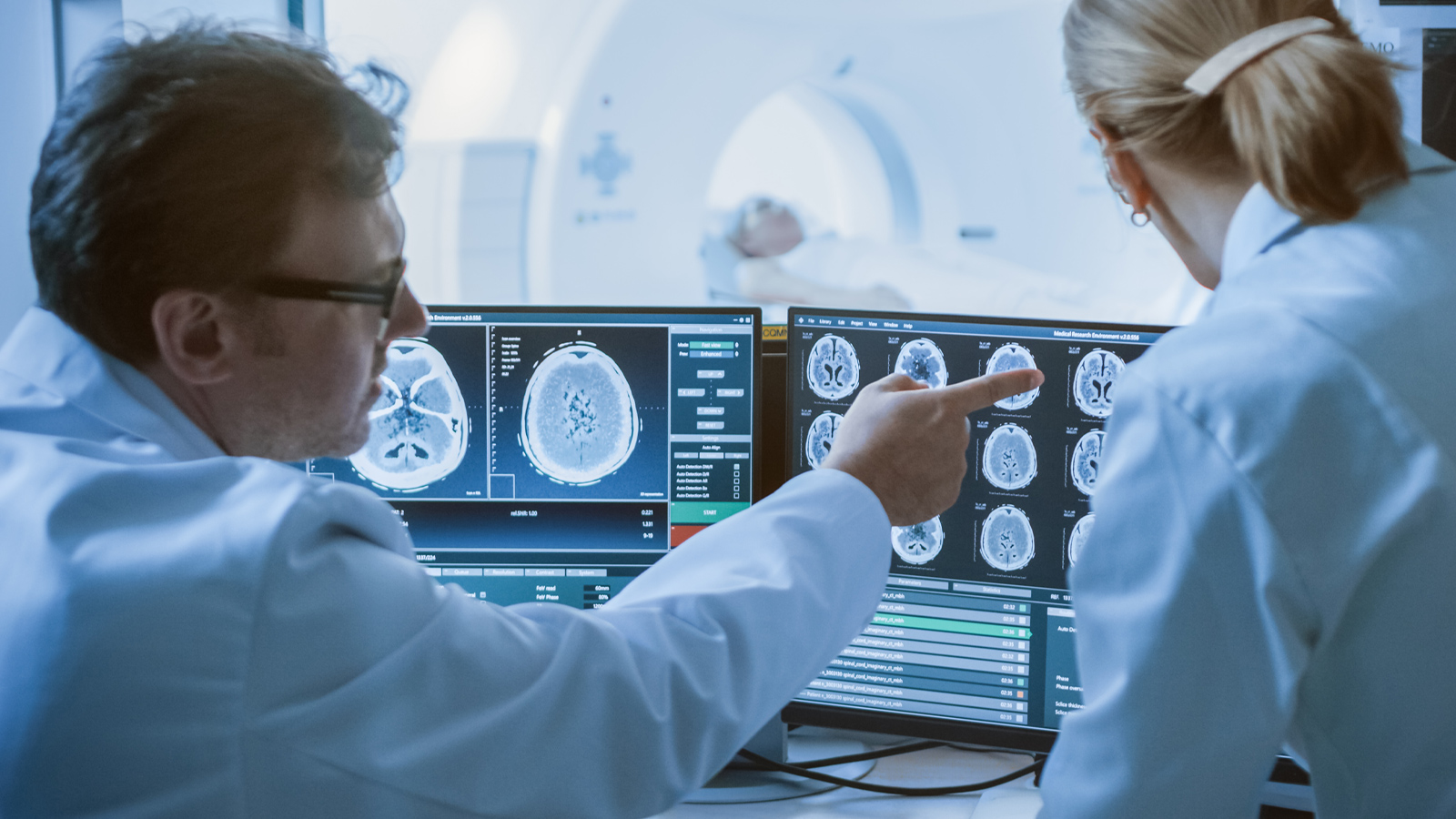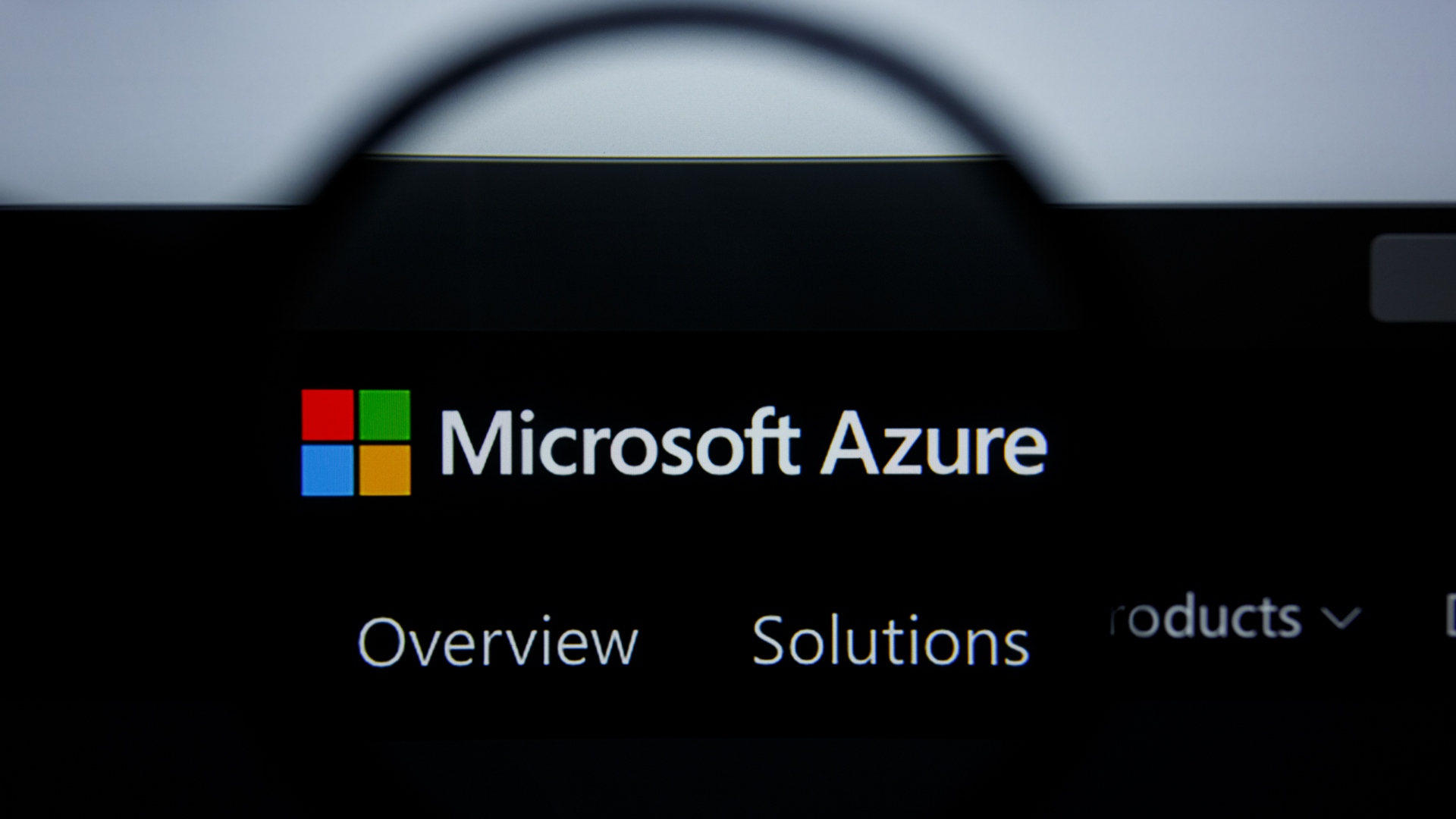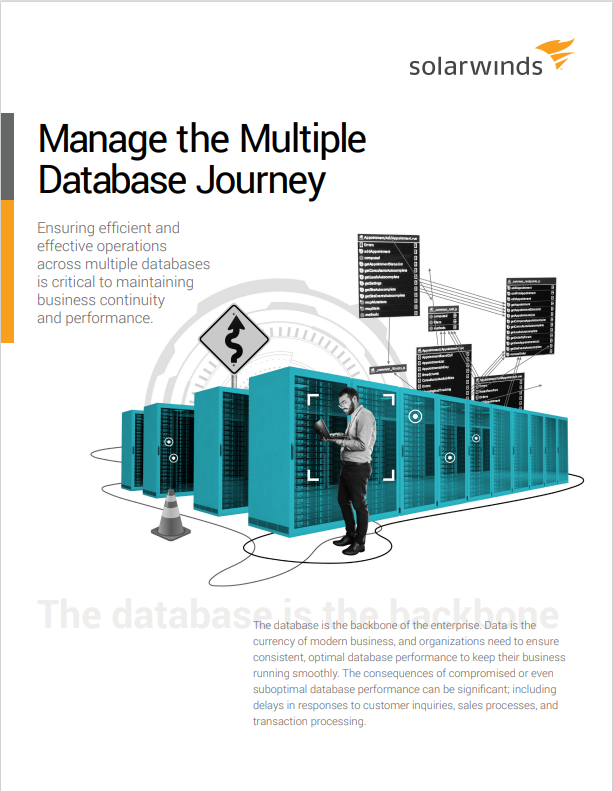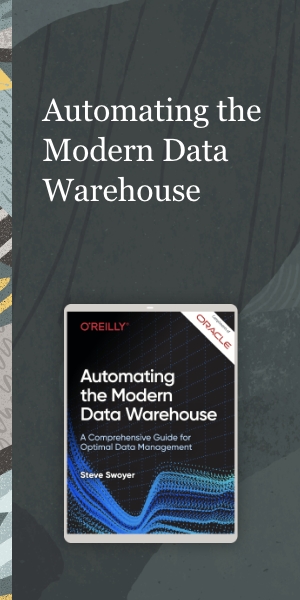Patient records database should be refined, says report
Research into the Summary Care Record programme shows that benefits are overshadowed by issues of trust and complicated technical systems.

A central database containing patients' details may offer valuable benefits but must be refined before being rolled out, according to a report by a University College London (UCL) research team.
The Summary Care Record programme is an initiative by the Department of Health in England to place key medial details of NHS patients on a central database, accessible by NHS staff through a secure virtual network.
Despite finding that the programme would improve efficiency of care, the year-long independent evaluation also revealed that the programme's "complicated" technical system needed to be reconsidered. NHS staff who attempted to use the SCR programme when caring for patients felt that the current version was technically immature and described it as "clunky" and "complicated".
The report also found that although technical security of SCR is to be high via a system of password protection and strict access controls, there is still a concern among patients and staff, triggered by government data breaches, that human error could put the operational security of the system at risk.
In the report, the London GP who led the research, Professor Trisha Greenhalgh said that the SCR programme's success depended on how it was used and the extent to which it is trusted by NHS staff and the public.
"As an innovation, it has both potential benefits and potential disbenefits [sic]. Its 'success' will depend to a large extent on how it is used and the extent to which is it trusted."
Many NHS staff and patients valued the benefits of instant access to medical records over the small risk of data loss or breach, with 80 per cent of patients asked being either positive or indifferent about the programme. However, others were strongly opposed "on principle" and a significant minority of GPs had chosen not to participate in the programme.
Get the ITPro daily newsletter
Sign up today and you will receive a free copy of our Future Focus 2025 report - the leading guidance on AI, cybersecurity and other IT challenges as per 700+ senior executives
Professor Greenhalgh added: "We now need to refocus the debate on how the balance between 'benefits' and 'disbenefits' [sic] might play out in reality for different individuals in different circumstances and how these circumstances may change over time."
A comparable technology called the Emergency Care Summary was introduce in Scotland two years ago and is working adequately with over a million records already accessed in emergency and out-of-hours care.
-
 Westcon-Comstor and Vectra AI launch brace of new channel initiatives
Westcon-Comstor and Vectra AI launch brace of new channel initiativesNews Westcon-Comstor and Vectra AI have announced the launch of two new channel growth initiatives focused on the managed security service provider (MSSP) space and AWS Marketplace.
By Daniel Todd Published
-
 Third time lucky? Microsoft finally begins roll-out of controversial Recall feature
Third time lucky? Microsoft finally begins roll-out of controversial Recall featureNews The Windows Recall feature has been plagued by setbacks and backlash from security professionals
By Emma Woollacott Published
-
 Saving the NHS with tech: 5G healthcare and virtual wards
Saving the NHS with tech: 5G healthcare and virtual wardsCase study Can technology cure Britain’s ailing healthcare service? Our three-part series examines how technology can lift Britain’s healthcare system out of its current crisis
By Barry Collins Published
-
 Saving the NHS with tech: Making blood deliveries by drone
Saving the NHS with tech: Making blood deliveries by droneCase Study Can technology cure Britain’s ailing healthcare service? Our three-part series examines how technology can lift Britain’s healthcare system out of its current crisis
By Barry Collins Published
-
 Nvidia rolls out AI platform across NHS hospitals
Nvidia rolls out AI platform across NHS hospitalsNews The platform ensures that patient data never leaves the hospital trust when an AI algorithm analyses medical records
By Zach Marzouk Published
-
 Datadog Database Monitoring extends to SQL Server and Azure database platforms
Datadog Database Monitoring extends to SQL Server and Azure database platformsNews The tool offers increased visibility into query-level metrics and detailed explanation plans
By Praharsha Anand Published
-
 Oracle and Microsoft announce Oracle Database Service for Azure
Oracle and Microsoft announce Oracle Database Service for AzureNews Azure users can now easily provision, access, and monitor enterprise-grade Oracle Database services in Oracle Cloud Infrastructure
By Daniel Todd Published
-
 Elastic expands cloud collaboration with AWS
Elastic expands cloud collaboration with AWSNews Partnership aims to ease migration to Elastic Cloud on AWS, as well as simplify onboarding and drive go-to-market initiatives
By Daniel Todd Published
-
 Manage the multiple database journey
Manage the multiple database journeyWhitepaper Ensuring efficient and effective operations across multiple databases
By ITPro Published
-
 Automating the modern data warehouse
Automating the modern data warehouseWhitepaper Freedom from constraints on your data
By ITPro Published